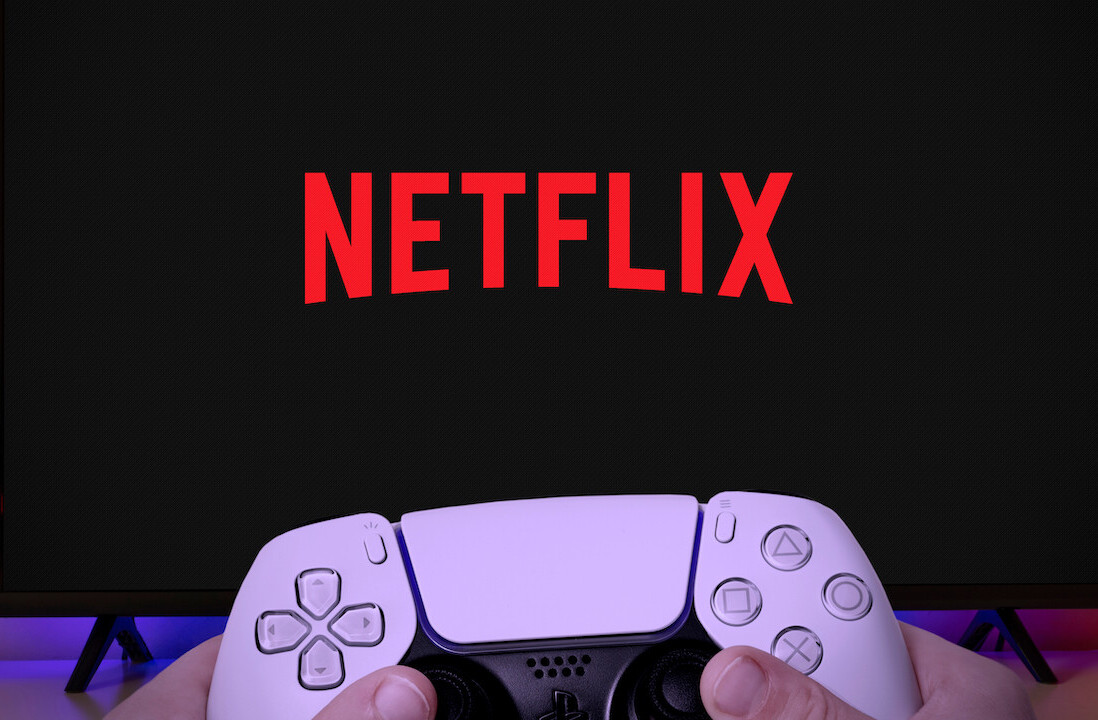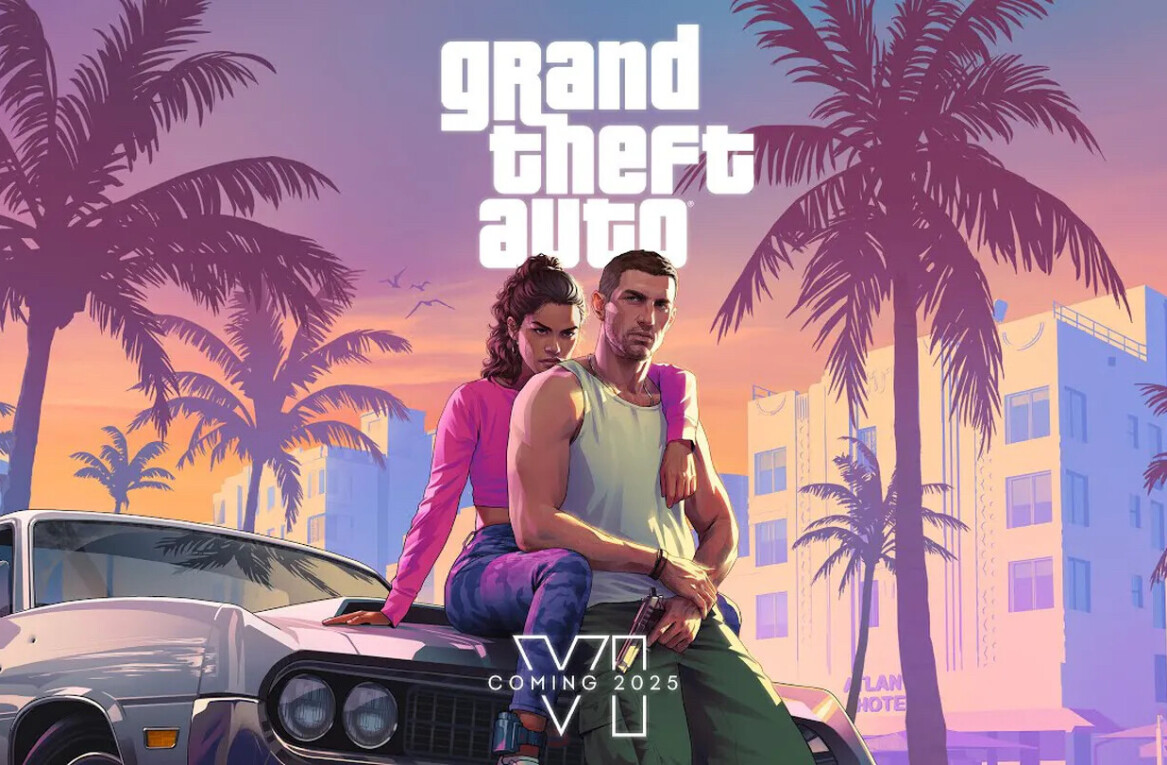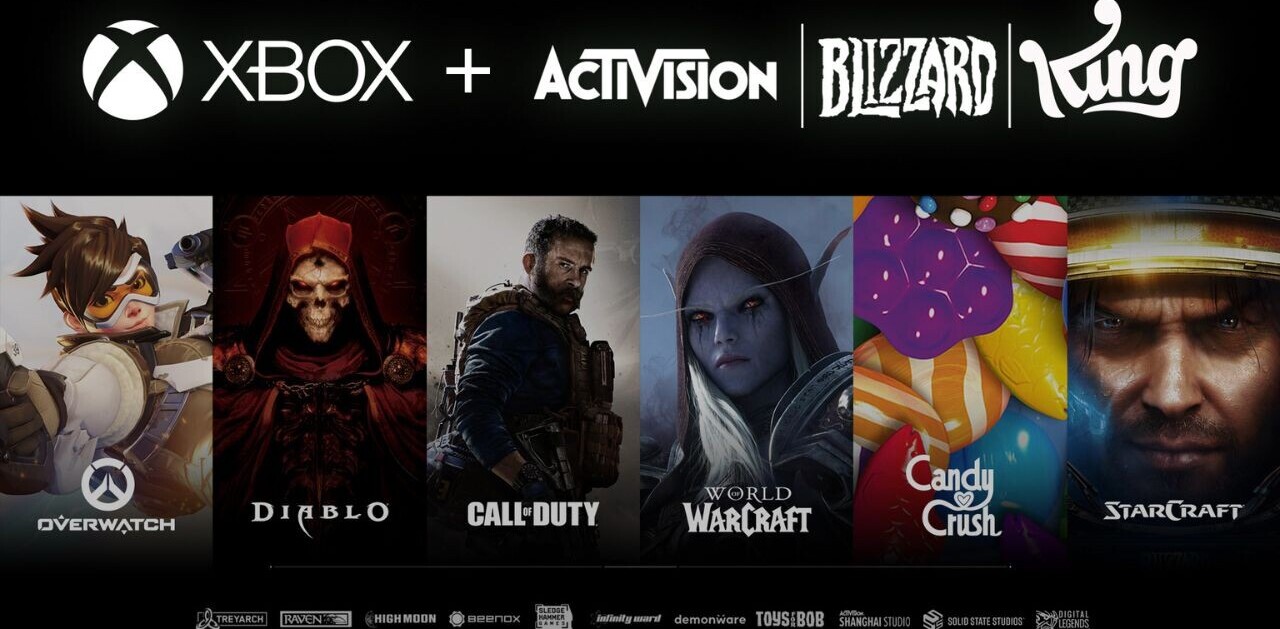
One of the podcasts I enjoy the most is The 1UP Show. It’s a series of video’s by the late Ziff Davis Media covering new games and the people who love ’em. As an entrepreneur focused on the web I do enjoy how they look at innovation as consumers in the gaming space, instead of outside folks analyzing a vaguely defined market. Their latest episode contained a few interviews with up-and-coming small game developers. It struck a certain cord with me that I really felt like sharing with you in this post. Even though The Next Web is not game centric, there’s something anybody can take away from this I think.
When I grew up games where something very trivial, it was either for geeks or for youth. I had a NES and played on it with friends, yet we never considered ourselves “gamers”. I bet if you’d ask my past self what I liked I’d answer skateboarding, climbing trees and shooting paper arrows in my neighbors roof window. The fact that I played Kirby, Mario or Pacman for hours a day wouldn’t matter that much. But over the years I changed my mind and gaming became something I am. It did for a lot of people, and series like The Sims and Half-Life triumphed on it. Games became mainstream. Huge budgets our now needed to bring ultimate experiences to a mass consumer audience. Game studio’s can sell 100.000 copies but aren’t really opening any champaign at that point. “Woohoo, we’re bankrupt!”, that just doesn’t feel right. Because for all the investment that need to be put into a large title, an multiple sum has to come out. The BBC wrote a lenghty article about it: how can there be innovation when the industry is forced to built safe titles to sustain profitability?
Some of the people interviewed by 1UP are the developers of flOw. One of them used to work on Spore, an innovative multi-million budget EA Games production with unique gameplay that’s getting all the attention right now. However, this developer couldn’t take it. He couldn’t take that it took years for the game to get released. And so he made the simple version of Spore in Flash and stuck to one thing: the starting sequence.

flOw is based on the amoeba-phase of Spore and takes the player for a dip in the primordial soup, collecting little blobs and evading the bad ones. All engulfed in a unique atmosphere with a great soundtrack. It started as a Flash game but later was released together with Sony on the Playstation Network (PSN), where it quickly captured al lot of attention. People are falling in love with it’s design and the zen-like relaxing qualities of the game. Not many titles have that in them. Most huge game titles like Halo 3 sure don’t, they’re about shock and awe. That’s something not all audience like. But times are changing and flOw was able to grab a niche by the throat: casual gamers looking for a relaxing experience. This works great for them because if something cool can be built with a small team, it can be profitable when consumed by a small audience.
All around us are small independent teams who don’t have big budgets but do have great unique ideas suitable for a certain audience. Web entrepreneurs have the pleasure of riding this long tail for years: the web has been a great open distribution sandbox for everybody to play in. A lot of game studios have found their way on the web as well with some great Flash games coming out recently. Now they can take it a step further with networks like PSN, Xbox Live, WiiWare and Steam, not to mention mobile. They’re not fully open yet, but maybe they will learn something from the web or even make the full shift as a web platform. Either way: new possibilities have arrived and we’re already seeing the gaming market changing because of it.
When I still worked for gaming sites I remember bitching about innovation in a lot of articles, and thanks to the indie developer it’s something we’re seeing more often. As with numerous area’s of business like the web (open and widely spread) innovation will not come from the larger companies. It will be thought of by somebody inside a large company, in a mathematics class by a college student or behind the counter at a McDonalds by a bored drop-out. And because of the limitations they are facing they will mostly likely do it faster, better, more creative and especially more driven then anybody else. What area of business will be next?
Get the TNW newsletter
Get the most important tech news in your inbox each week.




